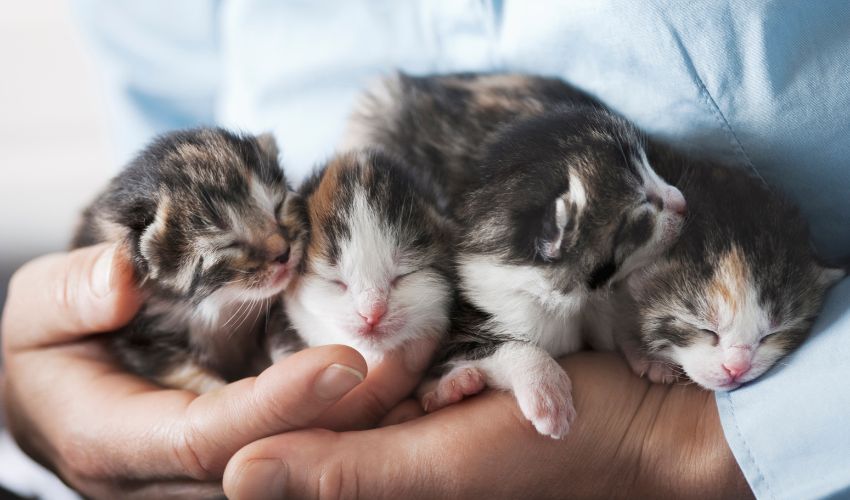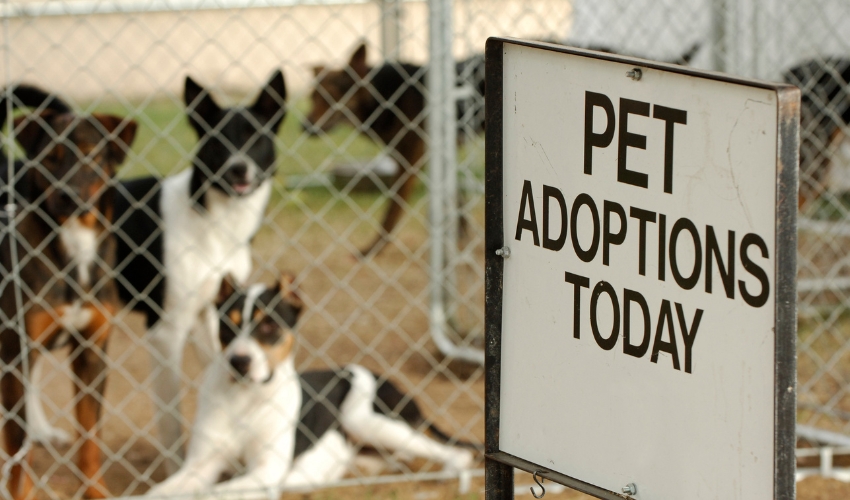As devoted pet parents, we constantly strive to provide the best care for our furry companions. One powerful tool that can help us in this endeavor is understanding our pets’ genetics.
By analyzing their DNA, we can uncover essential insights into their health, behavior, and potential risks for hereditary conditions.
Just as with humans, a pet’s genetic makeup can reveal a wealth of information, guiding us in making informed decisions about their care and well-being.
Understanding Pet Genetics
Pet genetics refers to the study of hereditary traits that are passed down through generations.
Every pet inherits a unique combination of genes from their parents, which influences not only their physical characteristics but also their health and behavior.
This genetic information can provide crucial insights into what to expect from our pets, especially when it comes to health predispositions and behavioral tendencies.

What Pet DNA Testing Can Tell You
Pet DNA testing has gained popularity in recent years, thanks to its accessibility and the valuable information it can provide. Here are some key aspects of what these tests can reveal:
- Breed Identification: Many pets, particularly mixed breeds, have uncertain lineage. DNA tests can clarify their breed composition, allowing pet owners to better understand their instincts and behaviors. For example, a pet with a significant percentage of herding breed DNA may exhibit natural tendencies to chase and herd, while a companion breed may be more focused on bonding and interaction. Knowing your pet’s breed makeup can also help tailor training methods and socialization strategies that align with their unique traits.
- Health Risks: Genetic testing can identify potential health risks associated with specific breeds. For instance, certain breeds are more susceptible to specific health conditions, such as hip dysplasia in German Shepherds or heart problems in Cavalier King Charles Spaniels. By knowing these risks in advance, pet owners can take proactive measures, such as regular veterinary check-ups, tailored diets, and early interventions. This foresight can be crucial in preventing serious health issues and ensuring a longer, healthier life for our pets.
- Behavioral Traits: Genetics play a significant role in behavior. Some breeds are known for being energetic and playful, while others may be more laid-back and reserved. Understanding your pet’s genetic background can provide insights into their natural behaviors and instincts, allowing you to tailor training and socialization strategies effectively. For example, a dog with a strong hunting background may require more mental and physical stimulation than a breed known for being a companion.
- Nutritional Needs: Just as certain breeds have specific health predispositions, they may also have particular dietary requirements. For example, large breeds often require diets that support their joints, while smaller breeds may need calorie-dense food due to their higher metabolism. DNA analysis can provide insights into your pet’s optimal nutrition, helping you choose the right food to maintain their health and vitality.
- Age-Related Changes: As pets age, their health and behavioral needs may change. Genetic testing can help identify age-related risks and guide pet parents in adapting care strategies. For example, certain breeds may be predisposed to age-related cognitive decline, and early identification can facilitate preventive measures, such as mental enrichment activities or dietary adjustments.

The Role of Pet Genetics in Rescue and Adoption
For animal rescue volunteers and organizations, understanding pet genetics can significantly enhance the adoption process. By providing potential adopters with genetic information about a pet, rescues can ensure that pets are matched with families who understand and can meet their specific needs. This understanding helps prevent future behavioral issues and health complications, leading to happier, healthier pets and families.
The Importance of Genetic Testing in Rescues
- Informed Matchmaking: By assessing a pet’s breed makeup and potential health risks, rescue organizations can provide potential adopters with valuable insights. For instance, if a pet is identified as having a high percentage of a breed known for high energy levels, the rescue can match them with an active family that can meet those needs.
- Tailored Adoption Packages: Rescue organizations can offer tailored adoption packages that include information on the pet’s genetic background, training tips, and health considerations. This comprehensive approach helps adopters feel more prepared and supported, ultimately leading to better adoption outcomes.
- Community Awareness: Educating the community about the importance of pet genetics can promote responsible pet ownership. Rescues can host events or workshops to raise awareness, helping potential adopters understand the benefits of genetic testing and how it can enhance their relationship with their new pets.
- Improved Animal Welfare: By focusing on genetics, rescues can promote better animal welfare overall. Understanding genetic predispositions allows for more targeted health screenings and preventive measures, improving the quality of life for pets in shelters and rescues.

Making Informed Decisions
As responsible pet owners and rescue volunteers, staying informed about genetic testing can empower us to make decisions that positively impact our pets’ lives. Whether you’re considering a DNA test for your pet or working with a rescue organization, understanding genetics can enhance the care we provide.
Getting Involved!
At Doobert, we are committed to improving the lives of animals in need. By signing up as a volunteer, you can help promote the importance of understanding pet genetics in your community. Together, we can ensure that every pet receives the love and care they deserve. Your involvement can make a significant difference in the lives of animals and the families that adopt them.











